about us
Background

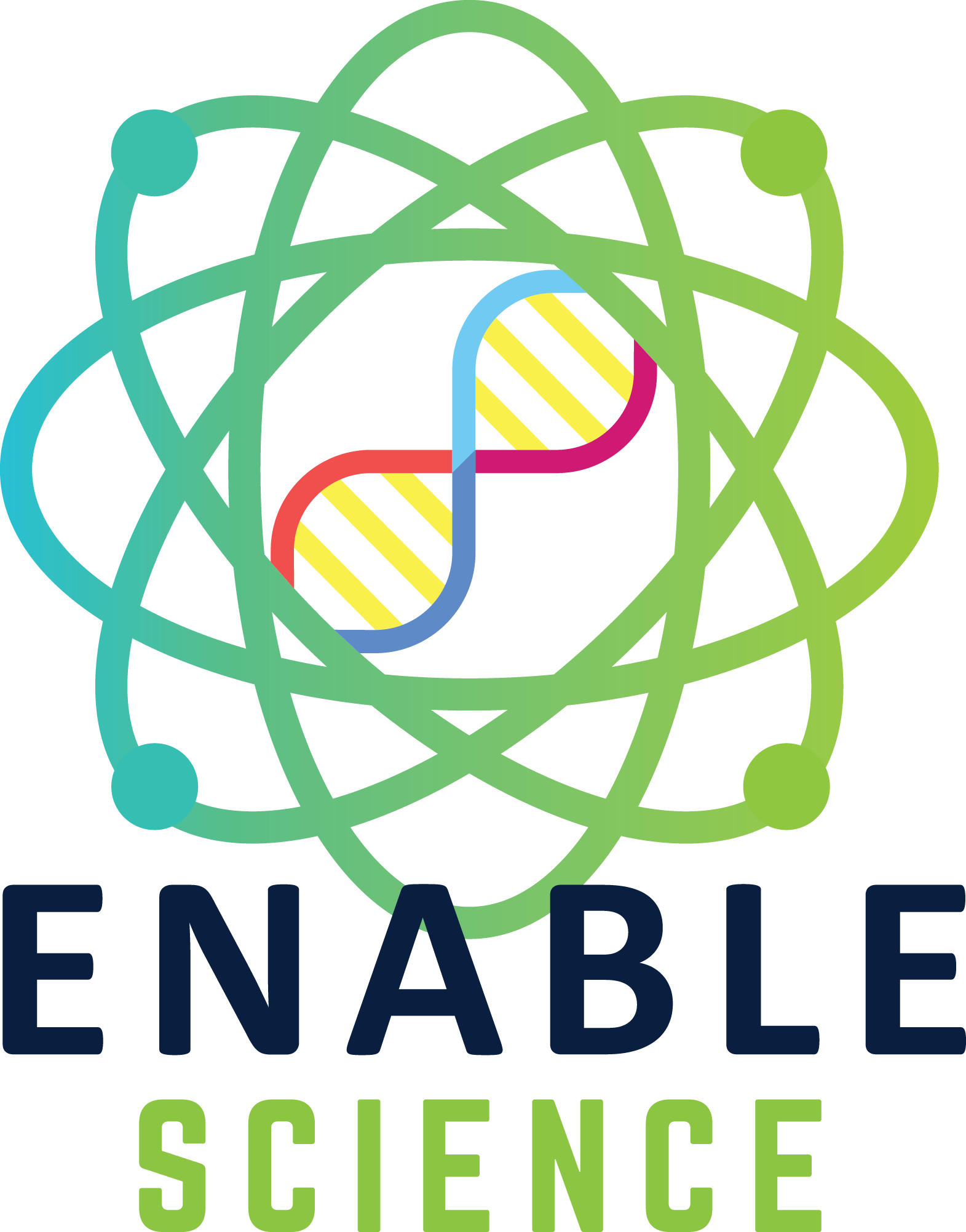
Our Mission
The Enable Science Network supports disabled individuals to succeed in science. Through the collective knowledge and lived experience of our community, we are working to increase representation of disabled scientists and improve their sense of belonging.
Our Aims
1. To facilitate the provision of peer support
2. To signpost to advice
3. To promote the achievements of disabled scientists
4. To challenge stigma
5. To advocate for change
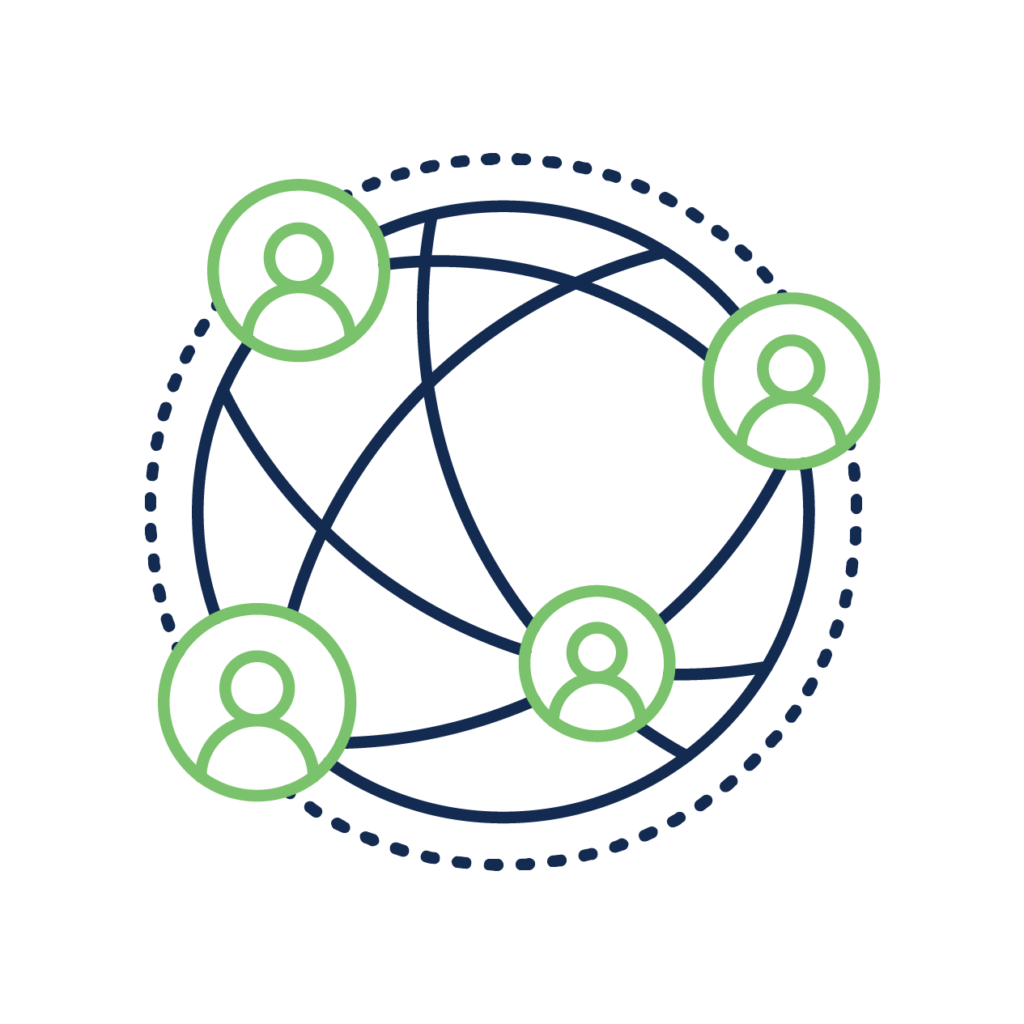
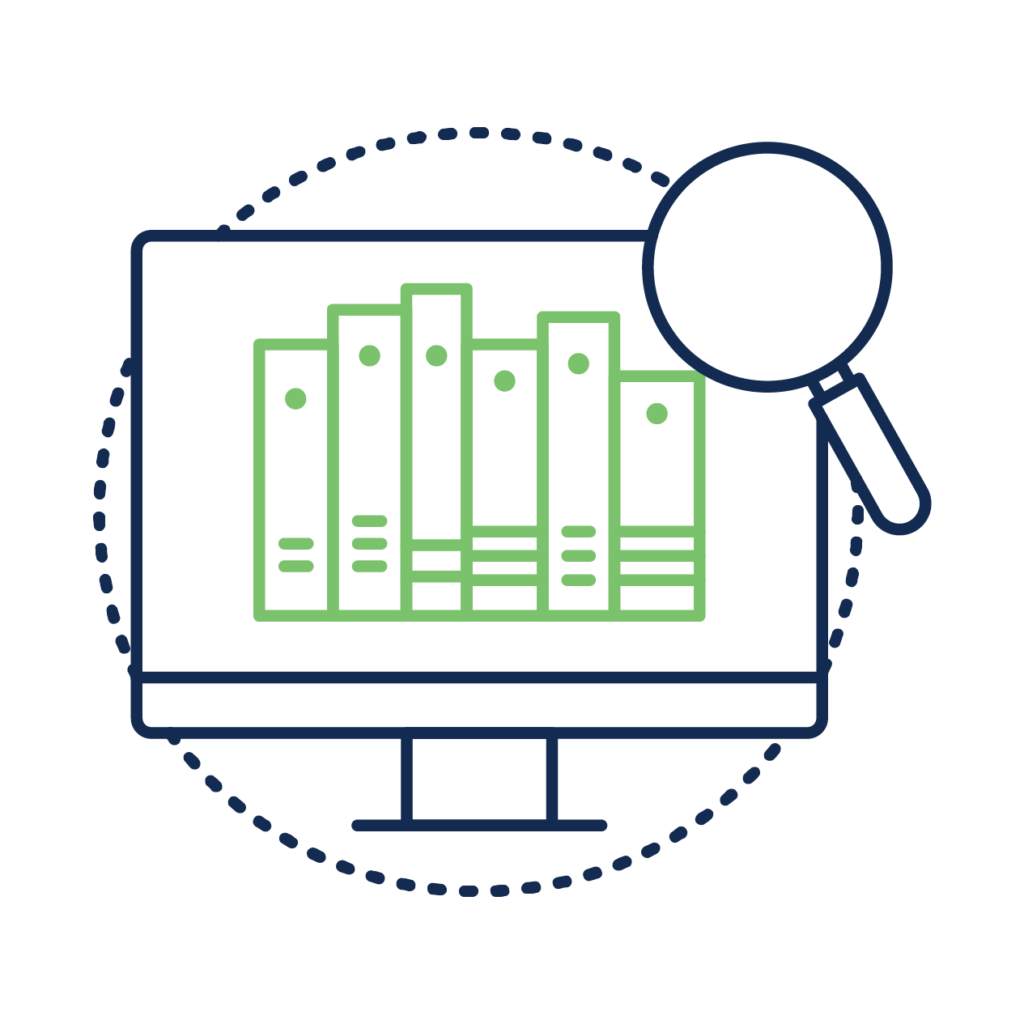
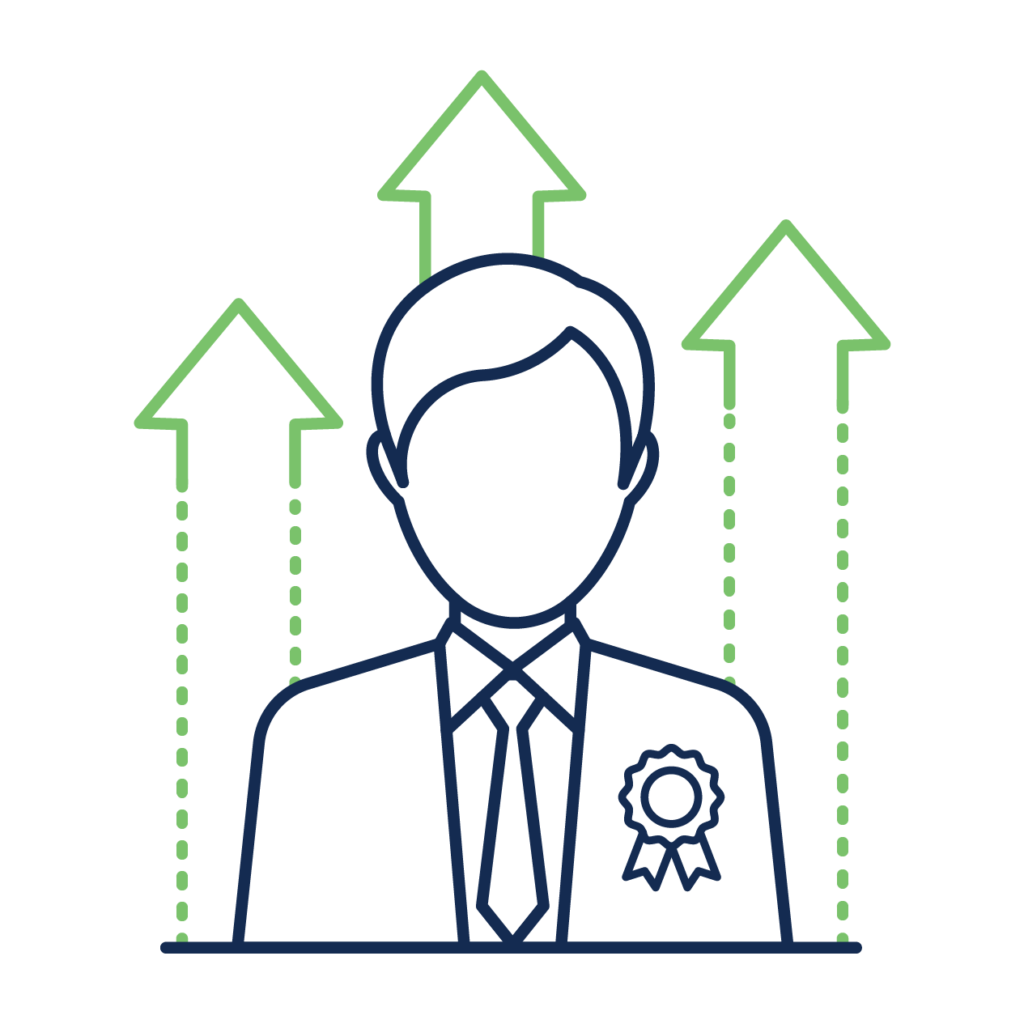
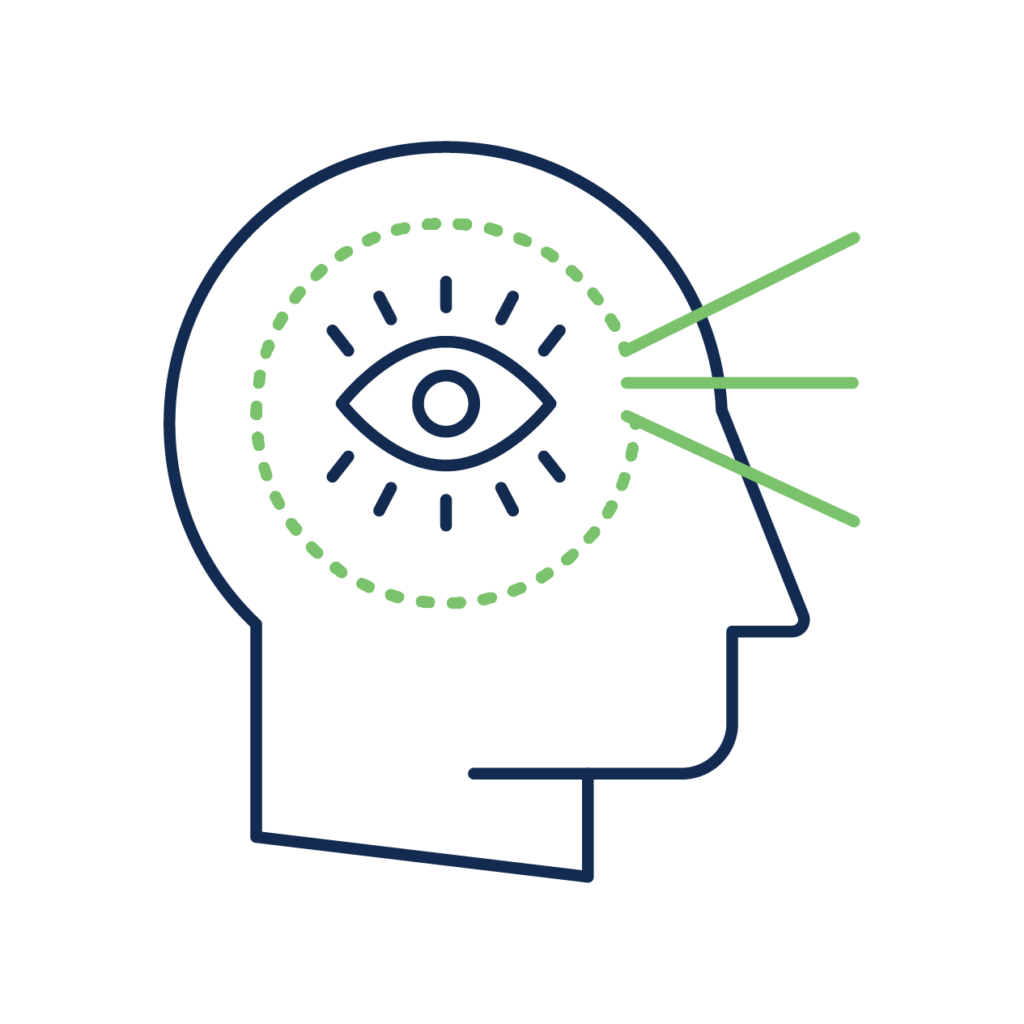
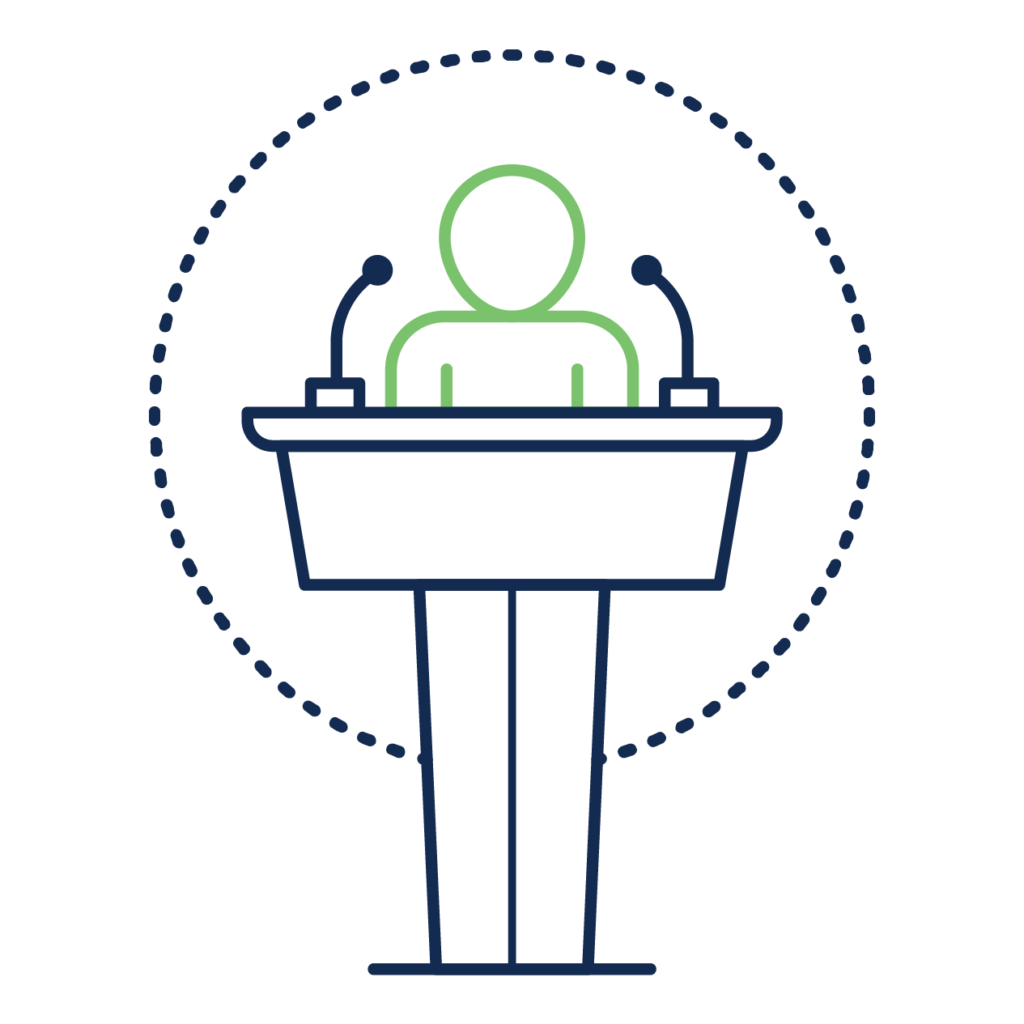
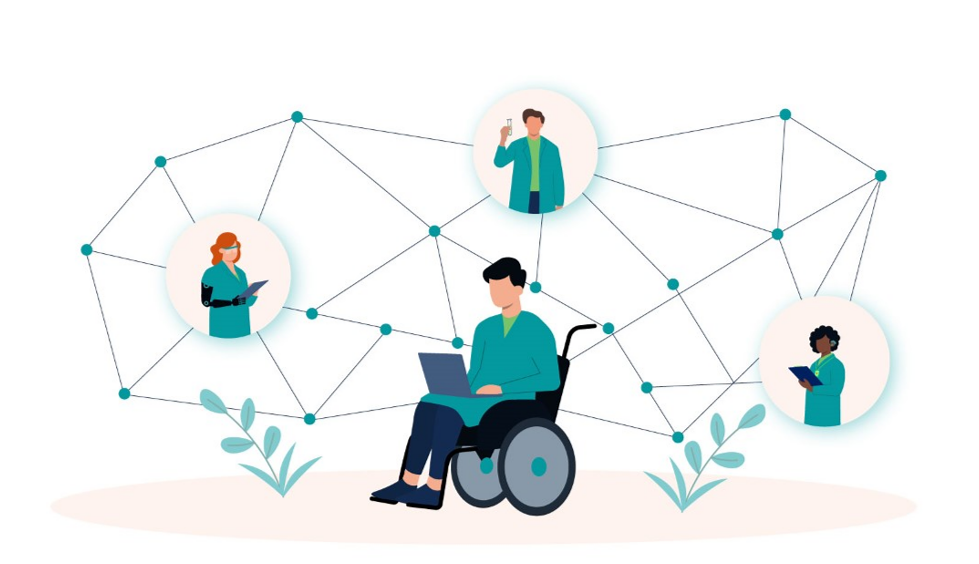
Our Vision
The Enable Science Network is committed to addressing the barriers facing disabled scientists and ensuring that science is accessible to all. We believe that disabled individuals have the right to participate in the practice and governance of science, which underpins our daily lives.
With science at the centre of many of our greatest global challenges, it is essential that talent can be attracted and retained within scientific professions. As such, the Enable Science Network is dedicated to ensuring that the talent of disabled scientists is not overlooked. We recognise the need for a diverse scientific community to drive the development of new, creative, and effective solutions.
Our Team
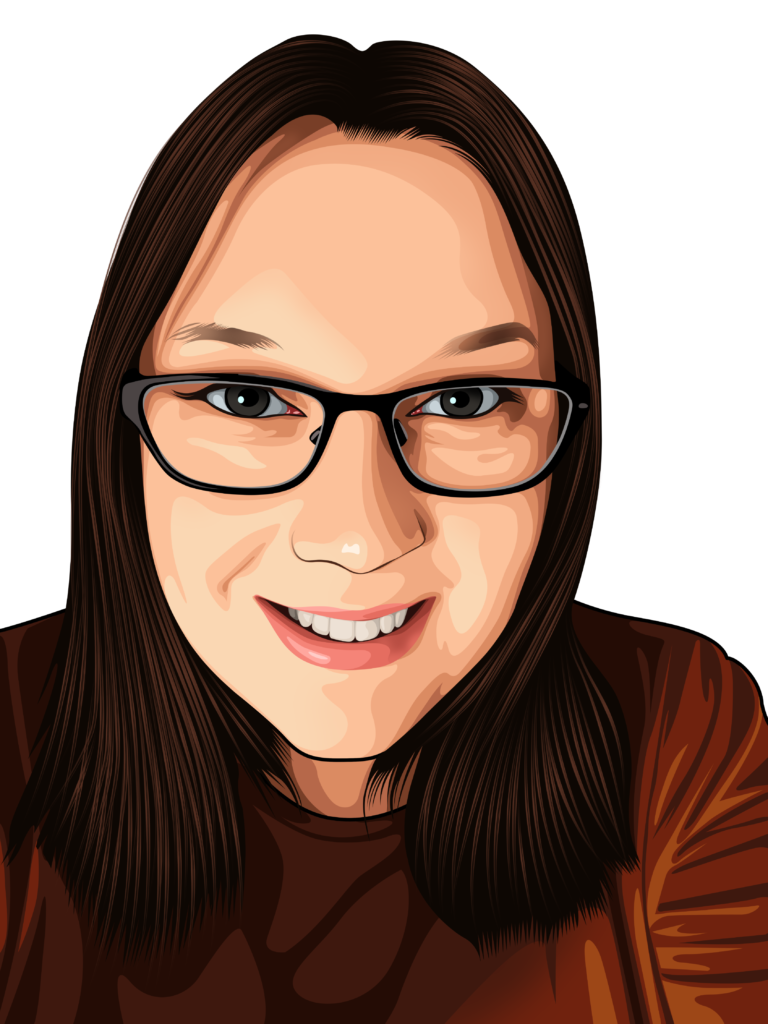
Chantelle Minchin (she/her)
Founder
QC Apprentice
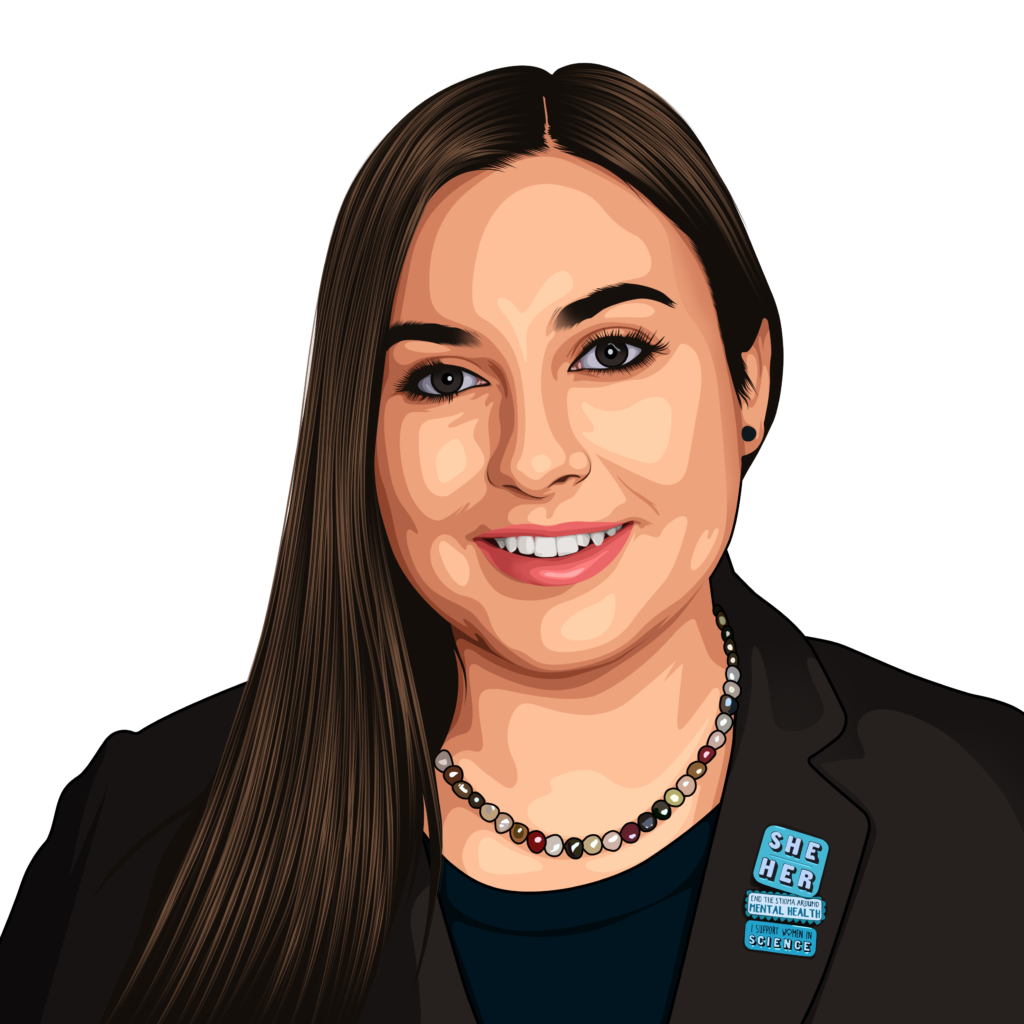
Zoe Ayres (she/they)
Committee Member
Head of Laboratory Facilities
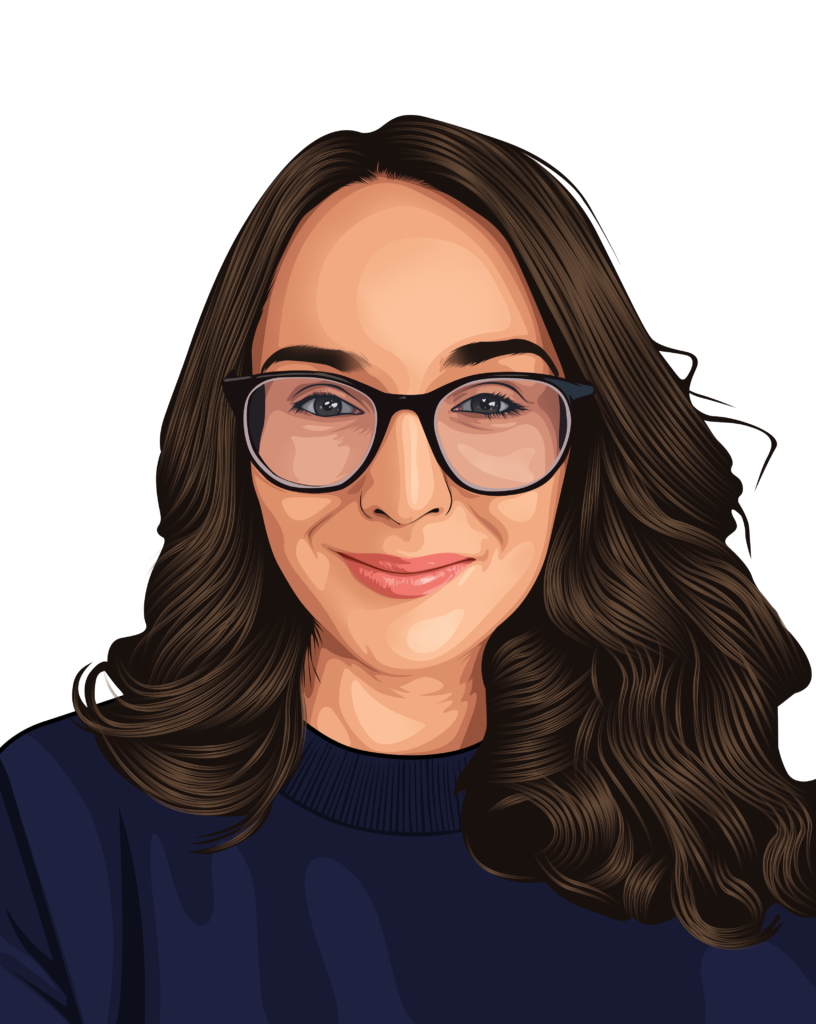
Julia Sarju (she/her)
Committee Member
Lecturer in Chemistry
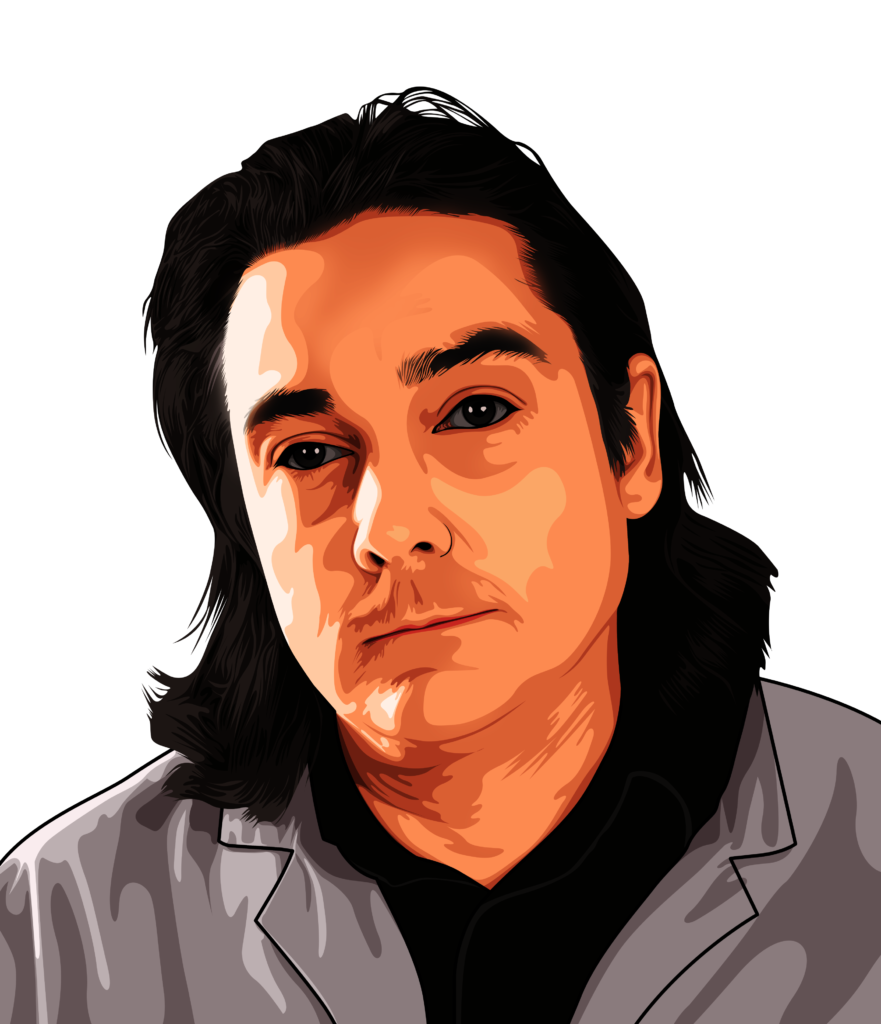
Stephen Buckley (he/him)
Committee Member
Research Fellow in Bioarchaeology

Chantelle Minchin (she/her)
Founder
QC Apprentice

Zoe Ayres (she/they)
Committee Member
Head of Laboratory Facilities

Julia Sarju (she/her)
Committee Member
Lecturer in Chemistry

Stephen Buckley (he/him)
Committee Member
Research Fellow in Bioarchaeology

We are funded through the Royal Society of Chemistry Inclusion and Diversity Fund’s Disability and Accessibility Special Calls.
Inclusion and Diversity Fund Award #171561453 was received in 2021 to form the Enable Science Network.
Inclusion and Diversity Fund Award #202839533 was granted for the Spotlight Series: Celebrating Disabled Scientists project in 2023.
For more than 175 years, the Royal Society of Chemistry has been championing chemistry as a learned society, a professional body, a representative body, and a chartered body. With its purpose “to help the chemical science community make the world a better place”, the Royal Society of Chemistry continues to advance the knowledge and application of chemistry, uphold professional standards, advocate for chemists, and serve in matters of public interest.
Enable Science follows the social model of disability, in line with the RSC. In the social model of disability, societal constructs are responsible for introducing barriers that disable individuals. As such, an impairment or difference is, in itself, not considered disabling. For disabled individuals that belong to other minority groups, these barriers can be even greater. At Enable Science, it is these barriers that we hope to navigate together.
We recognise that the form a disability takes is as diverse as the disabled community and acknowledge ‘invisible’ disabilities, including, but not limited to, mental health conditions and neurodiversities.
Although we hope to overcome the stigma attached to the word disabled, we support the right of the individual to choose their own preferred terminology.



